Mosquito virus health alert on northern beaches: Narrabeen Lagoon fever warning
Mosquitoes carrying dangerous viruses have been found in Sydney prompting authorities to issue health alerts for the bloodsucking insects.
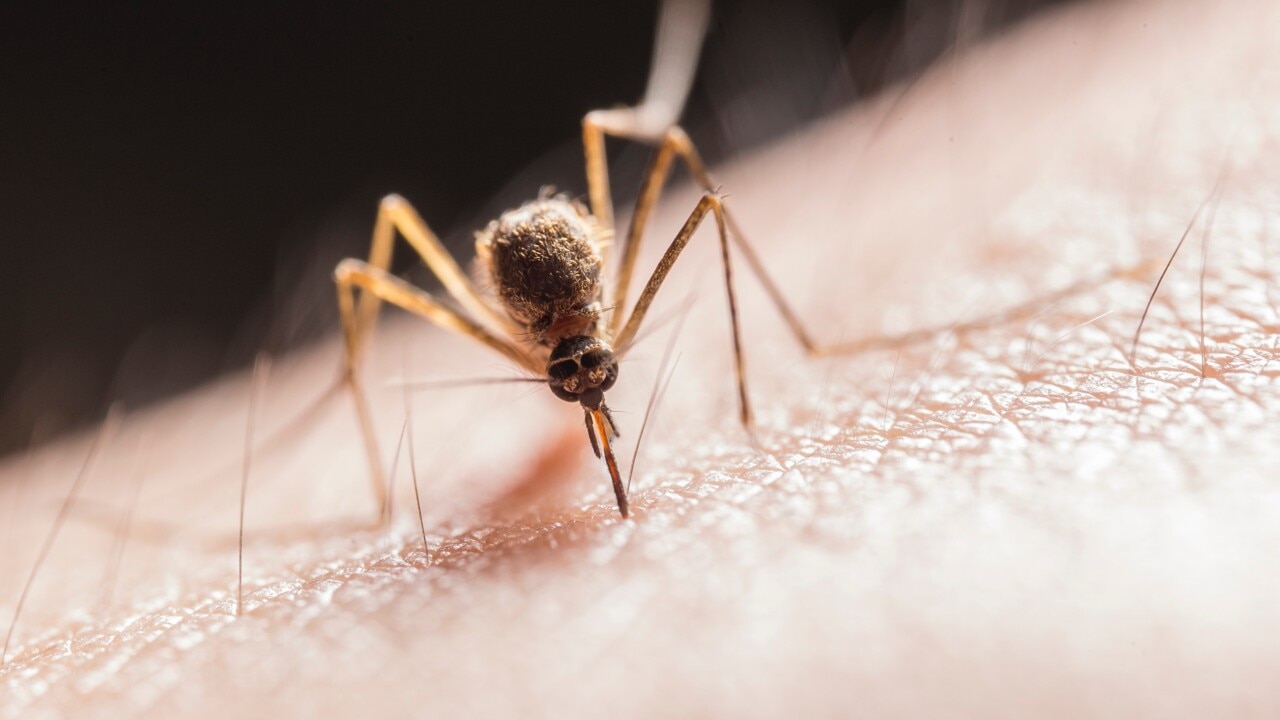
Manly
Don't miss out on the headlines from Manly. Followed categories will be added to My News.
Mosquitoes carrying dangerous viruses that can be harmful to humans have been discovered on Sydney’s northern beaches.
The bloodsucking insects found with the debilitating Ross River and Barmah Forest viruses were caught near Narrabeen Lagoon.
Health and local government authorities are now warning people to protect themselves against being bitten by mozzies around the lagoon, popular with walkers and paddlers.
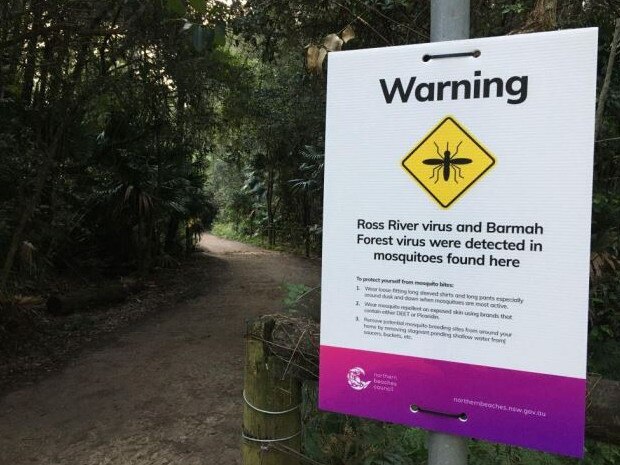
Northern Beaches Council and NSW Health have issued an alert about the Barmah Forest virus, just weeks after warning that Ross River virus — sometimes referred to as Ross River fever — was also present in the flying insects caught in traps near the saltwater lagoon.
With a wetter than normal summer and autumn, due to La Niña, mosquito numbers are up. The higher rainfall has provided excellent conditions for mosquito breeding — stagnant water.
Barmah Forest and Ross River viruses are spread by the bite of infected female mosquitoes.
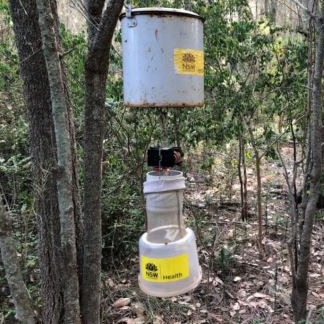
Some people who become infected with Barmah will not develop symptoms, but others may have flu-like symptoms including fever, chills, headache, muscle pain, joint swelling, stiffness and pain, especially in the mornings.
A rash may also develop along with a feeling of tiredness or weakness.
Ross River fever victims also can have flu-like symptoms and a rash on the body, arms or legs.
Symptoms for both illnesses usually develop about 7-10 days after being bitten by an infected mosquito.
The council partners with NSW Health to trap mosquitoes so they can monitor the numbers and types of mosquitoes present and determine if they are carrying viral infections. Traps are set at Warriewood Wetlands and Deep Creek near the Narrabeen Lagoon trail.
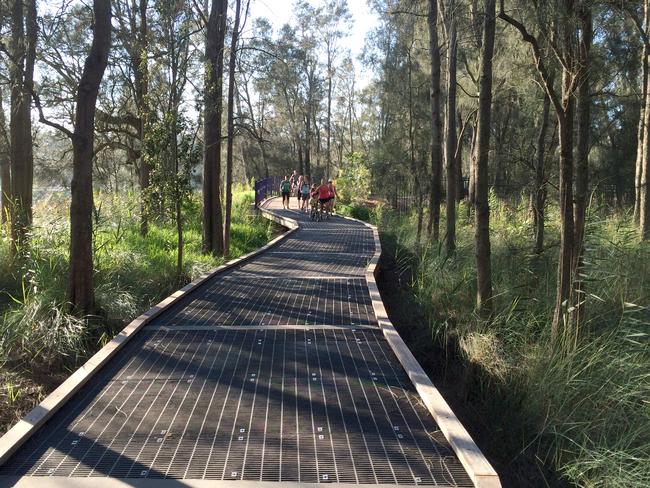
There is currently no vaccine against the Barmah Forest or Ross River viruses.
They are commonly found in kangaroos and wallabies. Mosquitoes pick up the virus by feeding on an infected animal and can pass it onto humans.
Director of the Northern Sydney Local Health District Public Health Unit., Michael Staff, said the viruses could be debilitating but most people recovered within a few weeks
“A small proportion can have longer term problems such as aches and joint pains,” Dr Staff said. “The sensible thing to do is try not to get bitten. If you don’t get bitten by a mosquito, because it’s the vector that transfers it to you, then you won’t get the disease.”
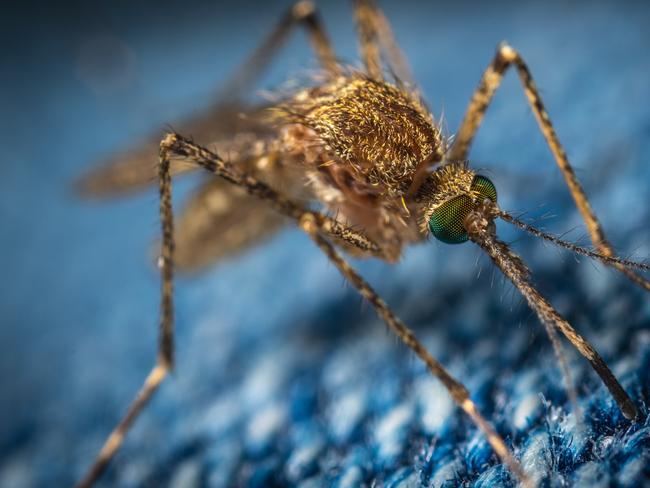
The council has erected warning signs.
In October 2020, a NSW Health “Mosquito Management Plan”’ prepared for the council by
Cameron Webb, principal hospital scientist at the Department of Medical Entomology, was released.
It said some mosquito species “associated with wetlands and other habitats within the Northern Beaches Council local government area have the potential to pose pest and public health risks”.
Visit NSW Health for more tips on how to control mosquitoes around the home.
For more information on what Council is doing to reduce the risk of mosquitoes you can view the Northern Beaches Council Mosquito Management Plan.
CHECKLIST: (NSW Health)
1. Wear loose-fitting long sleeved shirts, long pants and covered footwear when outside especially around dusk and dawn when mosquitoes are most active.
2. Apply mosquito repellent to exposed skin using brands that contain either DEET or Picaridin. Repellents containing oil of lemon eucalyptus can also provide adequate protection.
3. Remove potential mosquito breeding sites from around the home by removing stagnant shallow water from saucers, buckets, etc. Mosquitoes like to breed in shallow stagnant water.
4. Use flyscreens on windows and doors of houses and keep them in good order.



